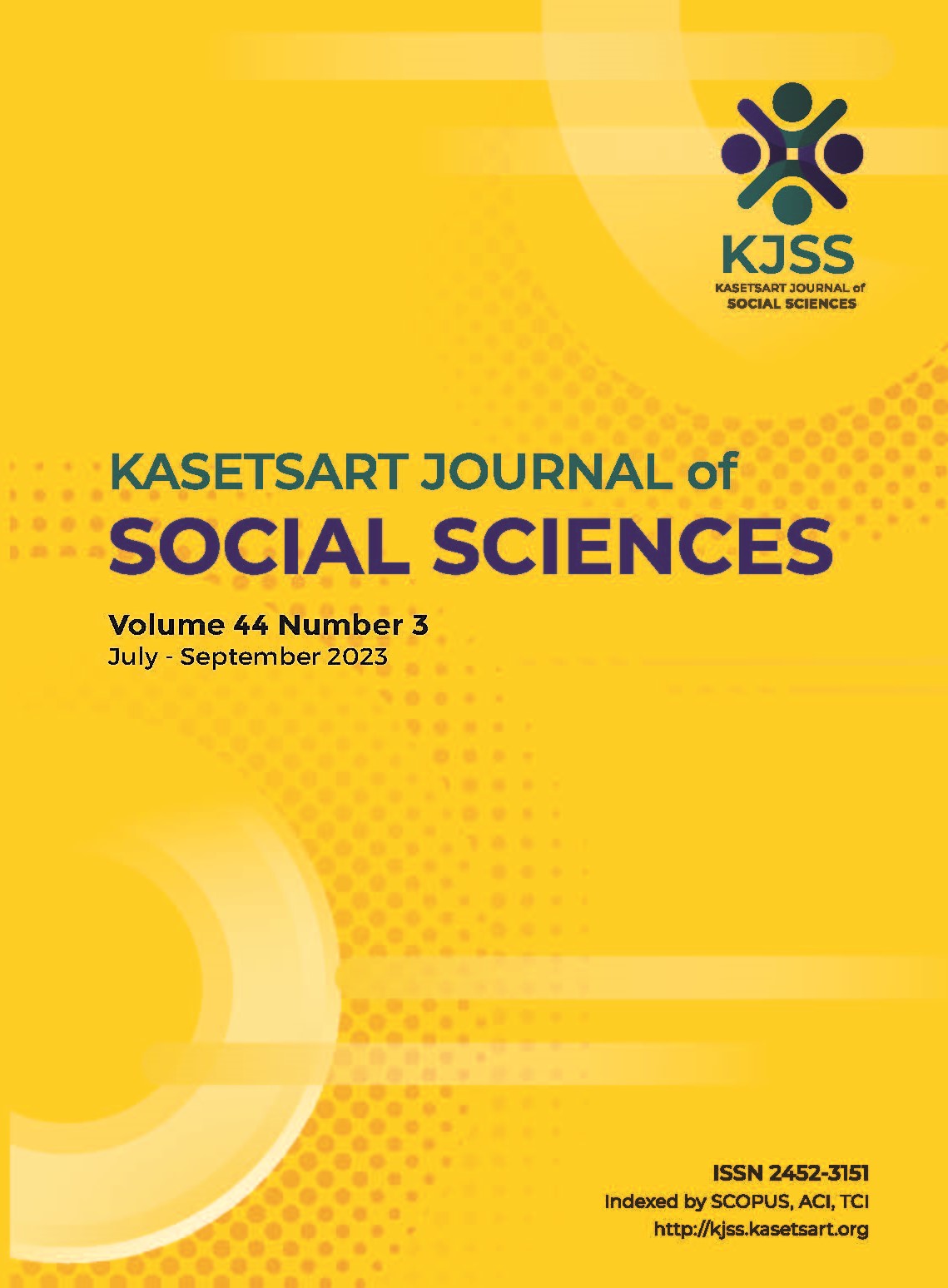The relationship between religiosity, materialism, and proenvironmental behavior among consumers in Central Java (Indonesia) and Bicol Region (the Philippines)
Keywords:
Indonesia, materialism, Philippines, pro-environmental behaviors, religiosityAbstract
This study aimed at examining the relationship between religiosity (intrinsic religiosity, extrinsic religiosity), materialism (centrality, happiness, success), and pro-environmental behavior (PEB) among consumers in Central Java (Indonesia) and Bicol Region (the Philippines), two areas where the population has different major religions. It used an online survey method, collecting 349 usable questionnaires from Central Java and 220 questionnaires from Bicol Region. The research indicates that PEB is affected positively by intrinsic religiosity in Central Java and by extrinsic religiosity in Bicol Region. In both countries, intrinsic religiosity had a negative impact on the success dimension of materialism, while extrinsic religiosity was found to have a positive impact on the happiness and success dimensions of materialism. The study also found that not all dimensions of materialism were negatively related to PEB. Only the centrality dimension (and the happiness dimension in Bicol Region) was found to have a negative impact on PEB. The research findings provide insights into the significance of religiosity and materialism value in the engagement of consumers in PEB. The result of the study may guide the marketers in creating initiatives that will answer both intrinsic and extrinsic religiosity as well as dimensions of materialism to formulate more successful consumer engagement in PEB.
Downloads
Published
How to Cite
Issue
Section
License

This work is licensed under a Creative Commons Attribution-NonCommercial-NoDerivatives 4.0 International License.
This is an open access article under the CC BY-NC-ND license http://creativecommons.org/licenses/by-nc-nd/4.0/










